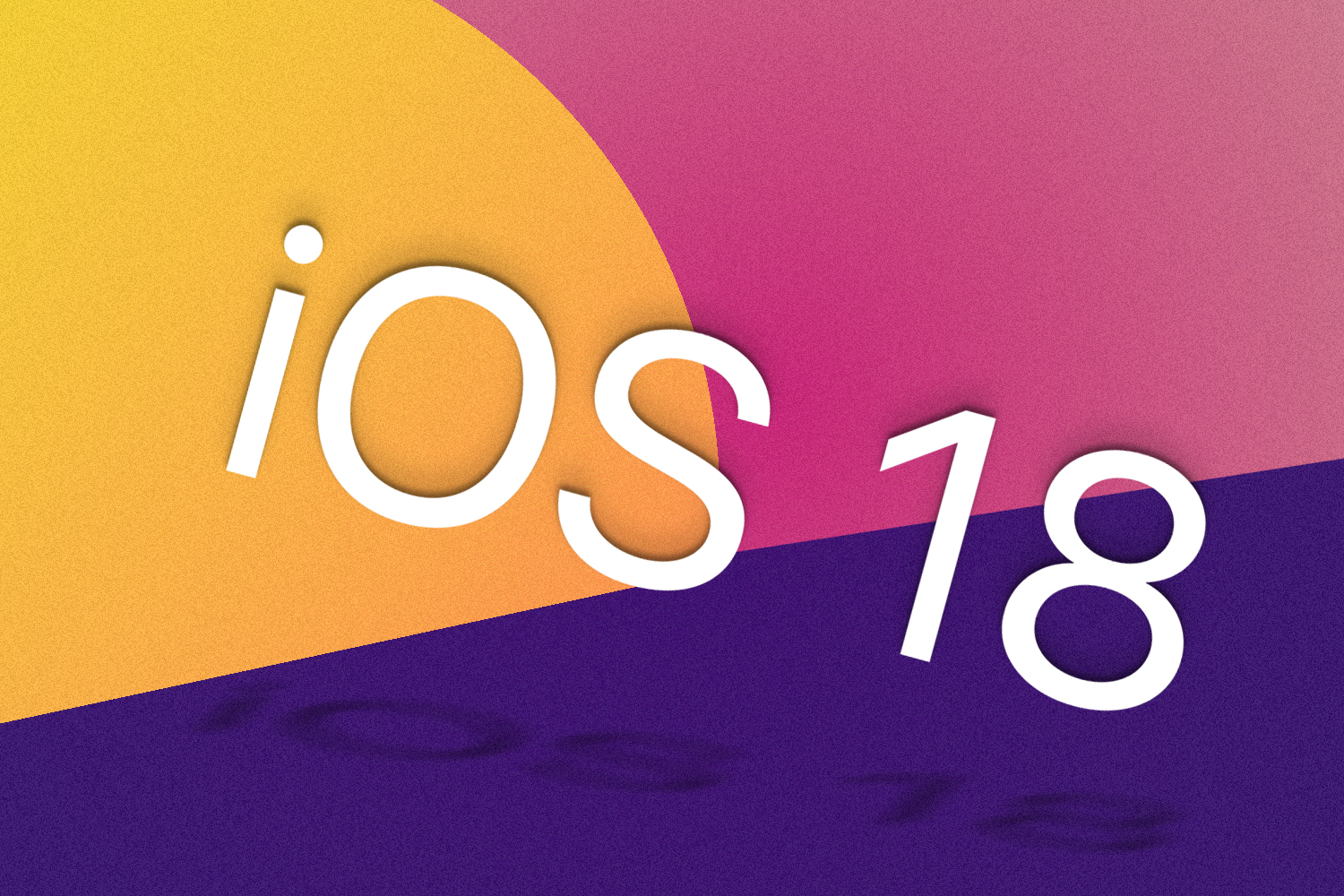Global Microsoft Outage: What Happened and Its Implications
On July 19, 2024, a massive global outage affected Microsoft services, leading to significant disruptions across various sectors, including airlines, hospitals, and television networks. This incident has raised questions about the reliability of major tech providers and the implications of software updates in critical systems.
Overview of the Outage
The outage was primarily attributed to a flawed software update from CrowdStrike, a cybersecurity firm. This update was intended to enhance security but inadvertently caused widespread chaos, impacting 8.5 million Windows machines globally. The incident highlighted the vulnerabilities in the tech infrastructure that many businesses rely on, particularly those using Microsoft 365 applications.
Key Events During the Outage
- Airlines: Major airlines, including Delta, experienced significant disruptions, with thousands of travelers stranded due to failures in crew tracking systems.
- Healthcare: Hospitals reported difficulties in accessing critical patient data, which could have jeopardized patient care.
- Media: Television networks faced interruptions, affecting live broadcasts and scheduled programming.
Immediate Response
In the wake of the outage, Microsoft and CrowdStrike worked to identify the root cause and restore services. Reports indicated that the outage began around 6:00 PM EST and continued for several hours, with Microsoft gradually fixing the issues. The company faced scrutiny over its cloud services, which are integral to many businesses' operations.
Analysis of the Cause
The root cause analysis revealed that the outage stemmed from a configuration change in Microsoft's Azure cloud platform. This change, intended to improve system performance, inadvertently led to the failure of critical services. CrowdStrike's CEO, George Kurtz, acknowledged the confusion surrounding the update and emphasized that misinformation from competitors contributed to the chaos.

Expert Opinions
Experts have pointed out that while software updates are essential for security, they must be implemented with caution, especially in systems that support critical infrastructure. The incident has sparked discussions about the need for more robust testing protocols before deploying updates.
Long-term Implications
The global outage has significant implications for the tech industry and its clients:
- Increased Scrutiny: Companies like Microsoft, which provide essential services, will face increased scrutiny regarding their update processes and overall reliability.
- Cybersecurity Focus: The incident has prompted discussions about the importance of cybersecurity in software updates, leading to a renewed focus on developing more resilient systems.
- Regulatory Considerations: Governments may consider implementing regulations to ensure that tech companies maintain higher standards of reliability and transparency in their operations.
Microsoft's Response and Future Steps
In response to the outage, Microsoft hosted a cybersecurity summit to discuss strategies for improving its systems and preventing future incidents. The summit aimed to address the vulnerabilities exposed by the outage and to foster collaboration among industry leaders to enhance cybersecurity measures.
Key Takeaways from the Summit
- Collaboration: Microsoft emphasized the importance of collaboration between tech companies to share best practices and improve overall security.
- Investment in Security: The company announced plans to invest more in cybersecurity technologies and training for its employees to better prepare for potential threats.
- Transparency: Microsoft committed to being more transparent about its update processes and the potential risks associated with them.

The July 2024 Microsoft outage serves as a stark reminder of the fragility of our interconnected digital systems. As businesses increasingly rely on cloud services and software updates, the need for robust security measures and reliable service becomes paramount. The incident has not only affected millions of users but has also prompted a reevaluation of how tech companies approach software updates and cybersecurity. Moving forward, it will be crucial for companies like Microsoft to learn from this experience and implement changes that enhance the resilience of their systems.
For more detailed information, you can refer to the following articles:





